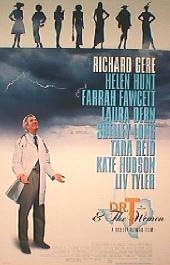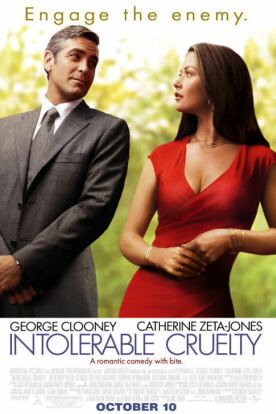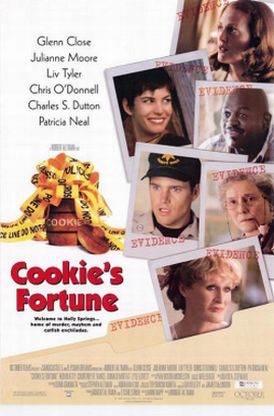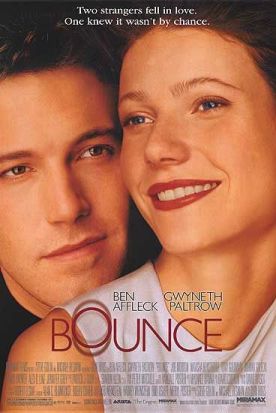Doctor T and the Women
Dr. T. and the Women is a typical Robert Altman film in being
sprawling and incoherent and full of more or less purposeless and unresolved
activity, but also typical in showing flashes of brilliance. Nor does it
surprise that Altman is going in for a lot of sentimentalizing about women these
days, since it gives him an excuse to patronize them and laugh at them and
defend— redundantly, as it might seem
to some—the sexual libertinism that is
so much a part of progressive thinking these days. Altman, who has threatened to
leave the country and go live in France if George W. Bush should become our
president, is nothing if not progressive.
Here he tells the story of the eponymous Dr T, also known as Sully (Richard
Gere), a fashionable gynaecologist in Dallas whose practice as well as his
private life is based on a kind of Robert Gravesian worship of women. Early on,
we hear him telling his golfing and duck-hunting buddies:
“You don’t understand
women”—but not as we might expect with
any cynical or seductive purpose. Rather, he means to reprove them for their
“phallocentrism”
(as we have lately and rather hilariously been taught to call it) and instruct
them that women are “not bad luck in
themselves; men make them that way.”
He goes on to explain that “by nature
they’re saints, should be treated as
such.”
And he should know. His ostentatious worship of his wife, Kate (Farrah
Fawcett), has suddenly turned her into such a saint that she has stopped
sleeping with him—and doing even more
bizarre things, such as taking off all her clothes and splashing about in the
fountain of a very upscale Dallas mall underneath the sign for
“Godiva”
chocolates. The reasons for Kate’s
actions are hidden in the murky recesses of her deranged mind, but the reason
for Miss Fawcett’s is that she still
looks mighty good for a woman of her age—and acting deranged is, as
everyone knows, the kind of thing that wins Academy Awards.
Alas, it is unlikely to win any for her. She is not on screen for long
enough. Dr. T. learns that she is suffering from something called a
“Hestia
complex”—named for the goddess of home
and hearth who was also the patroness of virginity. This is something that
allegedly happens to women “who are
loved too much,” the shrink explains
to the gynaecologist, and “not because
of anything you’ve done.” The
affliction, we learn, “attacks mostly
upperclass women who have pretty much everything they need in a material sense,
and in human sense. . .They lose the motivation to improve things because their
lives are already perfect as they
are.” Hence (here the logic becomes a
little fuzzy) they regress to childhood become horrified at the thought of
sex.
Much against his will (of course), Sully ships Kate off to an
asylum—where she takes up kindergarten
style art and introduces him to her fellow inmates as her
brother—and promptly starts bonking
the new golf pro at the country club, a woman called Bree (Helen Hunt). He
commences to worshipping her too. Meanwhile, his elder daughter (Kate Hudson) is
about to get married when his younger daughter (Tara Reid), who leads guided
tours of conspiracy theorists around the significant sites of the Kennedy
assassination, informs him that she is really a lesbian who is in love with her
maid of honor (Liv Tyler).
As he is taking on board this information, he is at the same time trying to
keep the crowd of demanding women in his waiting room happy while fighting off
the advances of his nurse, Carol (Shelly Long). For good measure there is an
alcoholic sister, played by Laura Dern (who is wasted in the part) and some
pseudo-comic business about naming a Dallas freeway for a woman and discussion
over whether the honoree is to be Ann Richards or Jayne Mansfield. The point is
merely the chaotic mixture of all these things at the same time and some vague
sentiment on the order of Lenny
Bruce’s
“chicks are
boss.” I confess that the Altmaniac
humor leaves me rather cold, but if you have the taste for it, you may well find
this the sort of film you will like.
Discover more from James Bowman
Subscribe to get the latest posts to your email.







